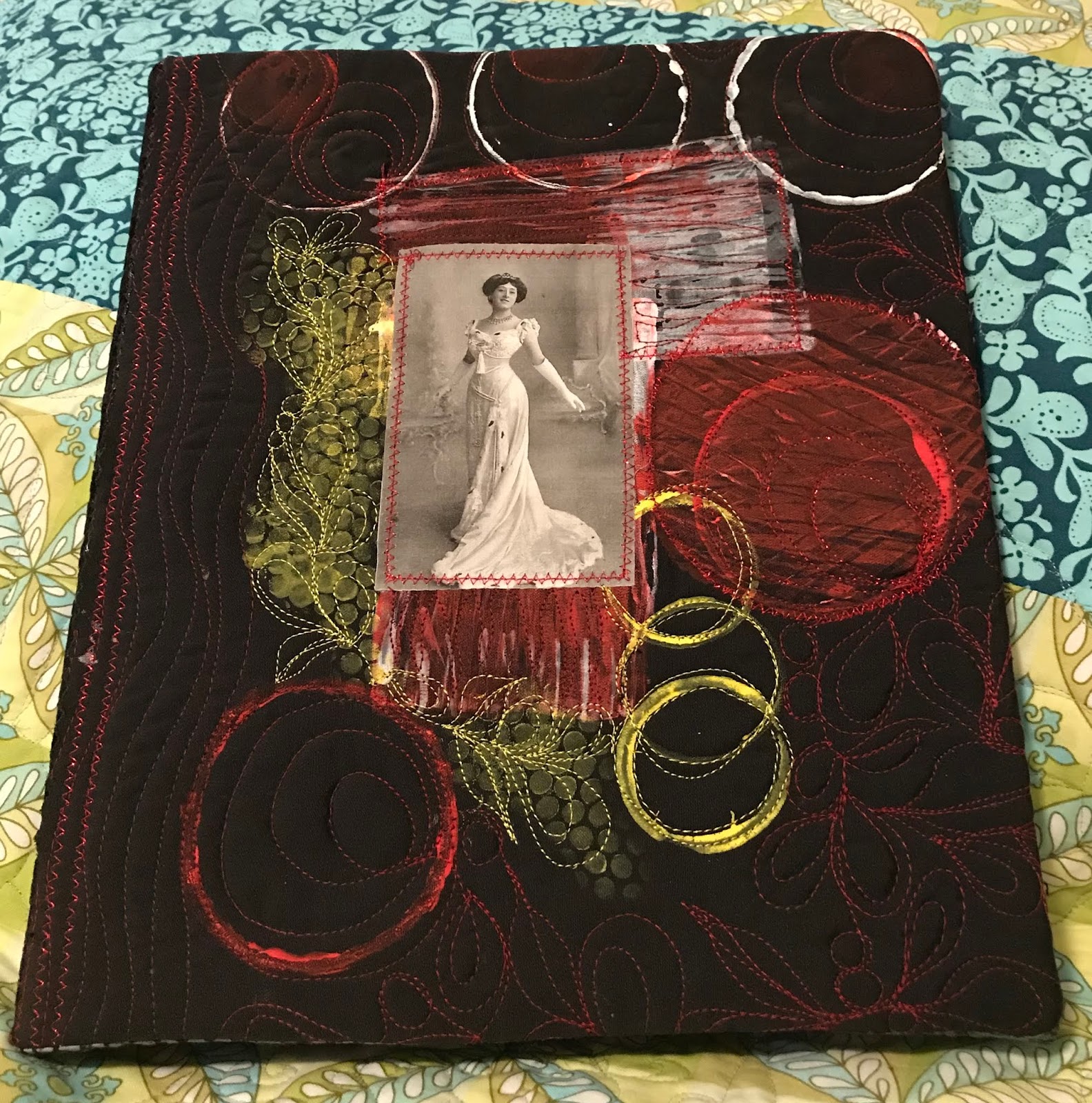
Sometimes, you might use this expression to let someone know you have heard what they are saying but you aren’t sure whether you’re going to act on it or not. We duly noted that no one seemed to be interested in speaking up on our behalf. Her attendance at the meeting was duly noted. Your friend: “It’s probably going to snow tomorrow, so you might want to put chains on your tires.” Here are a few examples of how it might be used: It also suggests that the information shared is being considered. You could say “duly noted” to indicate having heard what the other person has said or noticed what another person did.

Using “duly noted” in a sentence as acknowledgment The interviewer noted everyone’s answers on a legal pad. Here are a couple of examples of this meaning of “noted”:Ĭassie noted that she was the only one at the gathering wearing a nametag. It can also be simply noticing something and telling yourself to remember it. This can be a physical record, such as writing something down or logging it in a computer database. “Noted,” in this context, means that a record has been made of something. My apology was duly received, but I could tell they still didn’t like me. I duly attended the neighbor’s baby shower although I didn’t know her well. It can also give an impression of something done as a matter of course from a sense of duty or obligation but without much enthusiasm: He will be duly rewarded for his hard work. The letter said our application had been duly received and that we would hear something in two weeks. “Duly” is an adverb that means something that is done properly, appropriately or in a satisfactory time frame. However, in the case of “duly noted,” you can better understand the meaning of the expression by looking at the individual words. Sometimes, this can lead to even more confusion since the individual meanings of words don’t always correspond to how they are used as part of an expression or idiom! It’s not always possible to understand an expression or idiom better by breaking down the meaning of the words in it. What do the parts of the expression “duly noted” mean? However, it can also be used sarcastically, to convey that a person doesn’t care about the information that is being shared. “Duly noted” is an expression that acknowledges the receipt or recording of information. What does the expression “duly noted” mean? The expression “duly noted” is one of those things that can be said either neutrally or sarcastically.īelow, we’ll discuss the difference and when you can safety assume whether someone is being polite or a little bit impatient with you! It’s about picking up on other things about the situation and interpreting what is being said to you. This can be confusing because it’s not just about the words themselves. One way language can be confusing is that there are certain phrases that can mean different things in different contexts.


 0 kommentar(er)
0 kommentar(er)
